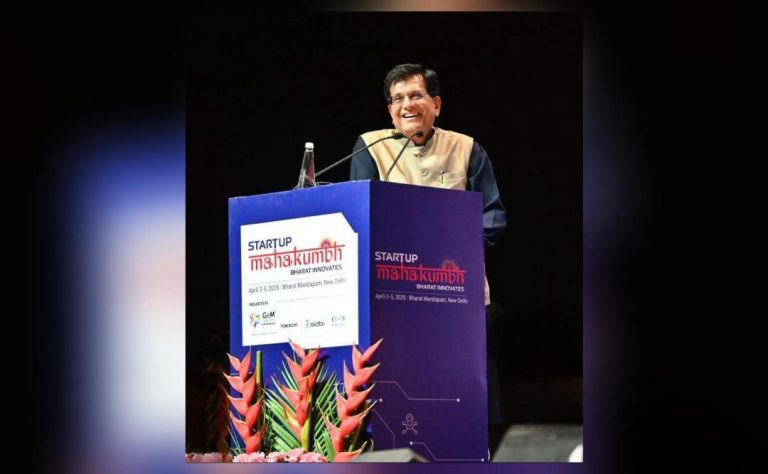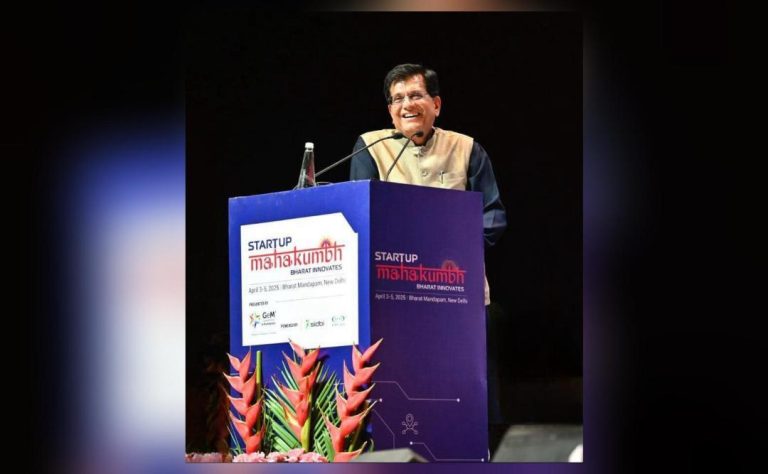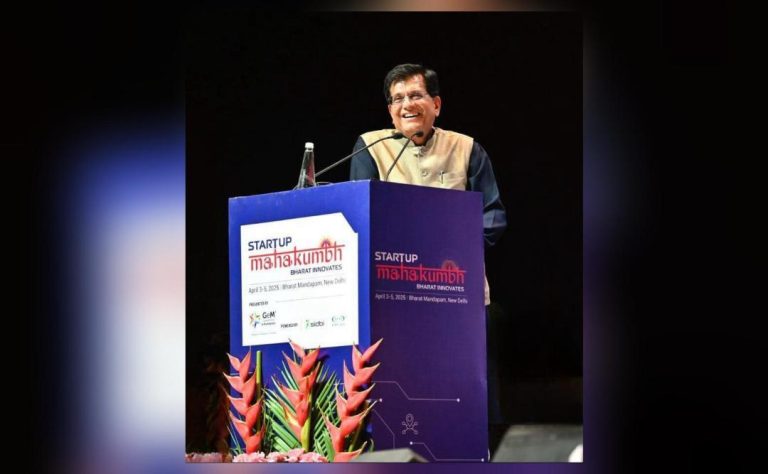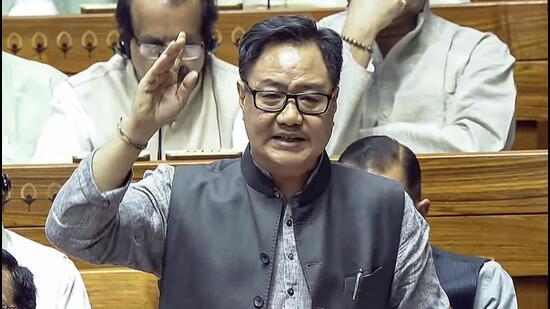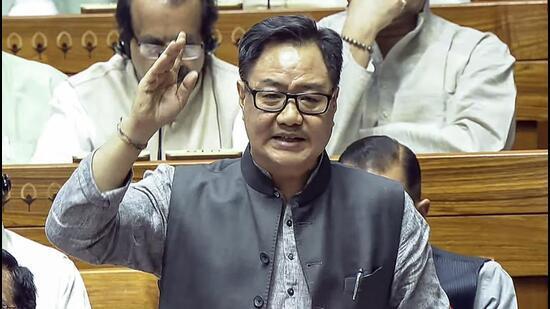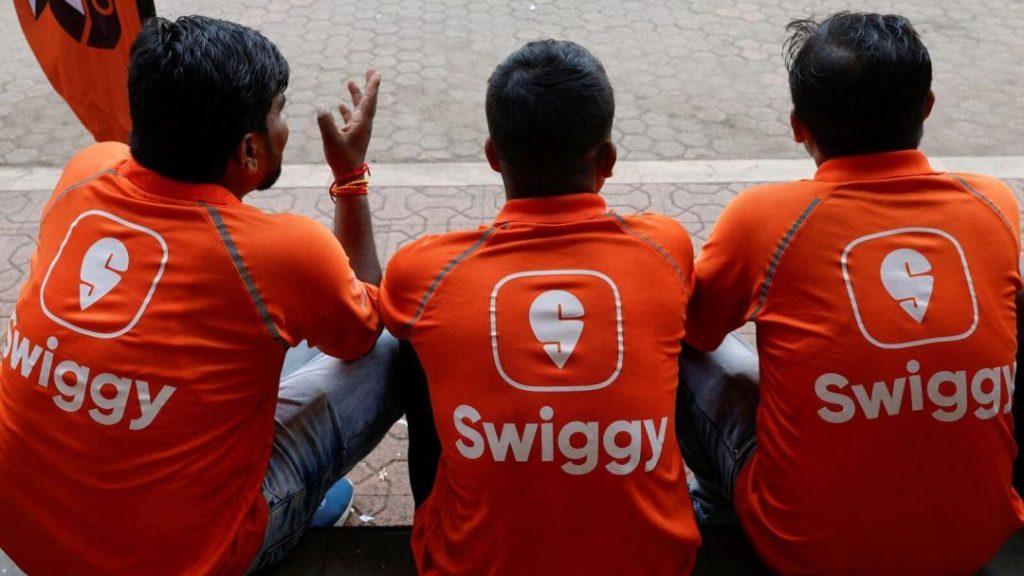
Swiggy Faces ₹158 Crore Tax Demand Over Cancellation Fees
In a recent development, food delivery giant Swiggy has been slapped with a massive tax demand of ₹158 crore by the Income Tax Department for the financial year 2021-22. The demand is reportedly related to alleged violations of tax provisions regarding cancellation charges paid to merchants. Swiggy, however, claims that the demand stems from a misunderstanding of tax provisions and has announced its intention to appeal the decision.
The tax demand, which amounts to a staggering ₹158 crore, is a significant blow to Swiggy’s financials, particularly considering the company’s already substantial losses in recent years. However, the implications of this case go beyond just Swiggy’s financials, as it may set a precedent for how cancellation fees are taxed in the evolving digital economy.
Background: Cancellation Fees and Taxation
Cancellation fees, also known as order cancellation charges, are a common practice in the food delivery industry. These fees are typically charged to customers when they cancel their orders after the order has been accepted by the restaurant. The amount of the cancellation fee varies depending on the platform, but it is usually a percentage of the total order value.
In the case of Swiggy, the company charges a cancellation fee of up to 10% of the order value. This fee is then shared between Swiggy and the restaurant, with the restaurant receiving a larger share of the fee. However, the tax implications of these cancellation fees are complex and have been the subject of much debate.
The Tax Demand: A Misunderstanding of Tax Provisions?
According to sources, the tax demand of ₹158 crore is related to Swiggy’s alleged failure to deduct and deposit taxes on the cancellation fees it collects from customers. The Income Tax Department has reportedly accused Swiggy of violating tax provisions by not deducting and depositing the applicable Goods and Services Tax (GST) on the cancellation fees.
Swiggy, however, claims that the demand is based on a misunderstanding of tax provisions and has announced its intention to appeal the decision. The company has reportedly argued that the cancellation fees are not taxable as they are not considered as “consideration” for the supply of goods or services.
Expert Insights: A Precedent for the Digital Economy
The case against Swiggy may set a precedent for how cancellation fees are taxed in the evolving digital economy. Experts suggest that the outcome of this case could have significant implications for other companies in the food delivery and e-commerce industries.
“This case highlights the need for clarity on tax provisions related to cancellation fees in the digital economy,” said a tax expert. “If Swiggy is found guilty of violating tax provisions, it could lead to a reassessment of the tax treatment of cancellation fees across the industry.”
Another expert pointed out that the tax treatment of cancellation fees is critical in the digital economy, where the lines between goods and services are often blurred. “The tax authorities need to provide clarity on how cancellation fees should be taxed, and the Swiggy case is an opportunity to do so,” the expert said.
Conclusion: A Complex Issue with Far-Reaching Implications
The tax demand against Swiggy is a complex issue that highlights the need for clarity on tax provisions related to cancellation fees in the digital economy. While Swiggy claims that the demand is based on a misunderstanding of tax provisions, the outcome of this case could have significant implications for other companies in the industry.
As the case unfolds, it will be interesting to see how the tax authorities resolve the issue and whether Swiggy’s appeal is successful. In the meantime, the food delivery industry will be watching closely, waiting to see how the tax treatment of cancellation fees evolves in the digital economy.
Source:
https://ascendants.in/industry_events/swiggy-rs-158-crore-tax-demand/
